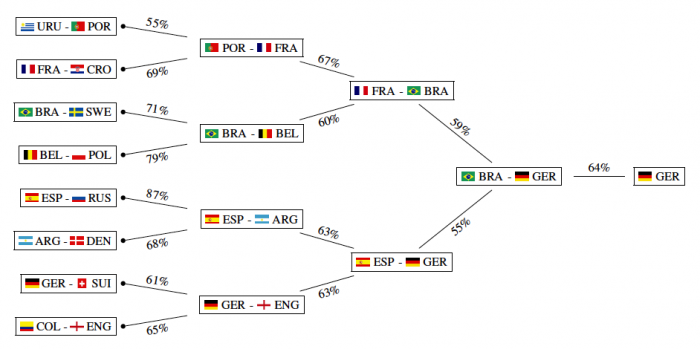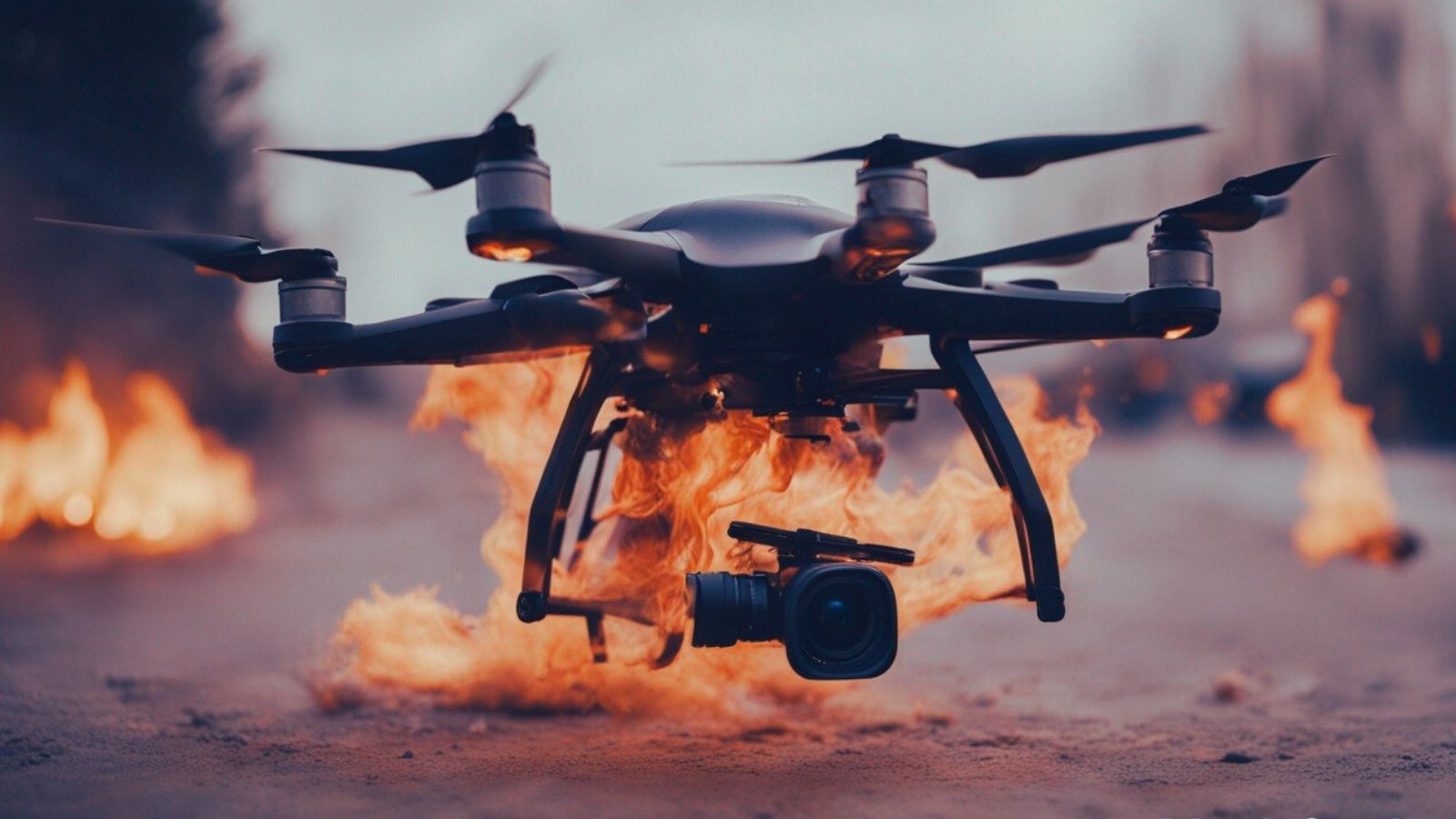
AI Predicts Spain Will Be FIFA World Cup 2018 Winners
- A group of researchers AI simulated the FIFA World Cup 2018 matches 100,000 times to predict the world cup winner.
- The simulation is based on FIFA rankings, the population of the country, GDP, odds of winning the betting scene, age and more.
- Spain has been declared the winner by the AI, with Germany being a close second.
Researchers from the Technical University of Dortmund, Ghent University from Belgium, and the Technical University of Munich created an AI program that uses machine learning to simulate matches of the 2018 FIFA World Cup. The AI uses machine learning to simulate every match and predict the winners, leading up to the grand finals. The tournament has been simulated 100,000 times by the AI, and Spain has been declared the winner with a close win over Germany. However, with the Spanish manager being changed just two days before the tournament the results are far from being accurate as it does not account for such external factors.
The AI simulation was made possible by factoring in data like FIFA rankings, the population of each participating country, GDP of participating countries, odds placed by bookmakers in the betting market, number of players from participating countries who play together in a club, number of Champion’s League trophies won and player age. While the system is scientific, it does not provide an accurate representation of how teams are going to perform in the World Cup as team performance can vary drastically on a match-to-match basis and the AI does not account for teamwork, strategy, and practice.
Image Courtesy of Motherboard
The research team published a graphical output of the AI’s simulations online. The researchers claim that while Germany is quite possibly a better team than Spain, they have a much harder route to the knockout stages compared to Spain and are more likely to be knocked out of the tournament, making the AI believe that Spain has better odds of winning the tournament.
The other teams that made it to the top five teams in the AI-simulated results are France, Belgium, and Argentina. The researchers conducted the simulations just to showcase the capabilities of machine learning, and they believe that the odds of the simulation being completely accurate are quite low.









